|
In this blog, I discuss how I struggle with fear when writing my memoir. Because of the personal nature of memoir, I know several writers who struggle with fear in this writing process. These fears hold us back from having a strong, bold voice and from being honest with ourselves and our writing. I hope this video blog was helpful to you. Please feel free to share how you have dealt with fear in your writing process because I'm always looking for new ways to overcome this challenge! As always, thank you to those of you who have been commenting on and sharing my blogs. You all keep me motivated. I'm so glad you find these blogs useful. Next Wednesday's blog is about critique groups. I will discuss their importance and my experience with them. Until then, Happy Writing! :) Find me on social media. Links at the bottom of the page 👇🏽 Art/Logo/T-shirt design: http://www.primevice.com Creative Consulting: Dan "DTM" Flores Video created using iMovie.
0 Comments
In this video blog, I talk about my struggle with staying accountable and making sure I write everyday. I also discuss ways that have helped me get better at this. Here is a list of the materials I use that help me get excited about writing: Notebooks Pens Apps I also use the Notes app on my iPhone and the Voice Record Pro app to record ideas and interviews. Other ResourcesIn this video, I talk about The Atlanta Writers Club and Atlanta Writers Conference. Check out their websites for more info! I hope you all found this blog useful. I know this is something that many writers struggle everyday with so please share with me your strategies and techniques that help you stay on track. Please comment below with your thoughts, advice, experiences. Also, please share this blog with anyone you think might find it useful!
As always, a big thank you to those of you who have been interacting with me and taking the time to read/watch my blogs. Next Wednesday's blog will be about Fear: how it has affected my writing and how I work to overcome it everyday. Until then, happy writing! :) Find me on social media. Links at the bottom of the page 👇🏽 Art/Logo/T-shirt design: http://www.primevice.com Creative Consulting: Dan "DTM" Flores Video created using iMovie. This blog is a continuation of the last two blogs so if you haven't read/watched Finding Your Voice Part 1 & 2, scroll down and check them out! Because voice is the most important part of a memoir, I felt it was important to dedicate three separate blogs to it. In this blog, I am sharing memoir writing techniques specifically relating to voice from a memoir writing teacher: Wendy Dale. Bio:
“Wendy Dale is the author of Avoiding Prison and Other Noble Vacation Goals (Crown). She taught memoir writing for Media Bistro for five years. She is also the co-writer of the Emmy-nominated TV special, "The New Adventures of Mother Goose." Her essays and articles have appeared in Utne Reader, Mental Floss, Public Radio International, and the Writer's Digest website.” - GeniusMemoirWriting.com Wendy shared some great advice with me regarding voice which can also be found on her website: http://www.geniusmemoirwriting.com/ Some of her advice that resonated with me the most was: “1. Put us inside your head. There are many different styles of narrative voices but what makes your prose work is when it’s characterized by narrative honesty. Great prose gives us the sensation that we’re reading an author’s internal monologue, that voice inside our heads that narrates our lives and speaks to us constantly. If you’re having trouble with your prose, start really paying attention to your internal monologue. Is the voice inside your head funny, sarcastic, dark, brooding, superficial?”I personally hadn't thought of putting the reader inside my head while writing. I have tried writing using different perspectives such as 1st, 2nd, or 3rd person but always viewed my writing from a writer’s perspective. I think putting the reader inside your head makes you think more about how you want to sound to others and makes you pay more attention to your voice. “3. Surprise us. When you truly put us inside your head, the thoughts you come up with are often surprising. While sitting in a hospital lobby waiting to see whether a loved one will live or die, we don’t always think about death or how much the person means to us. Sometimes we worry about where we placed our dry cleaning ticket. Be really honest in your prose and it will always be interesting – even if you’re writing about dry cleaning tickets.”I think surprising the reader is a great technique to keep in mind because by not trying to suppress or leave out some weird or quirky thoughts that make your writing unique, you create a more authentic voice. You can’t surprise the reader if your voice is too generic or if the way you tell your story is too generic. It gives your voice more personality. “5. Avoid self-pity. When your situation is dramatic, it is completely unnecessary for your narrator to highlight the drama. In fact, try and find the commonplace in a terrible situation. In short, don’t tell us how awful an awful situation is. Instead, try and channel your narrative monologue and put us inside your head.”I think this is great advice. You don't want your voice to make you sound pitiful. You don’t want to over dramatize your story no matter how serious it is. This is also one of the reasons I include humor in my memoir. The last thing I want to do is to make people feel bad for me when reading my memoir. I want them to see the pain I’ve been through but to also be able to laugh with me when life is funny. I think this is one way that writing a memoir can also help you heal because in order to write a good memoir, you have to be able to step outside yourself (and your self-pity) and be able to see things from a distance. There are many more helpful tips on Wendy’s website and you can also visit her Facebook page, Memoir writing group, to engage with her and other writers who share their journey on there. My next blog will be about my struggle with staying accountable to myself and how I make myself write every single day. Thank you all for taking the time to read/watch my blogs. I truly appreciate all of you who have been interacting with me on here, on the Facebook groups, on Twitter, and on Instagram with your stories, advice, and encouragement. Thank you for sharing with me and contributing to our writing community. 🙏🏾 If you found this blog post useful in any way, please comment below or share with other writers you know that might need it. Happy Writing! :) Find me on social media. Links at the bottom of the page 👇🏽 Welcome! This blog is a continuation of the previous blog so if you haven’t read Finding Your Voice: Part 1 yet, scroll down and check it out! In this blog, I go more in depth with my issue of losing my (writing) voice and the techniques I used to help me deal with this challenge. As I mentioned in the video, here are the Facebook writing groups that help me the most:
Memoir Writing Writers Helping Writers #Amwriting Binders Full of Creative Nonfiction Writer's Fight Club Memoir writing group Here is a link to the Writers Write website. I often use the writing prompts in their newsletters to help me get writing when I'm stuck. If you need a more detailed list of the techniques or formats I use to help with voice, feel free to contact me through social media or email. A huge THANK YOU to all of you who have been actively engaging with my blog posts here on the website and on all the Facebook groups listed above. You all keep me motivated to keep posting every week! Stay tuned for next Wednesday's blog. We're going to talk about voice some more and I will be featuring a memoir writing teacher and her useful tips on how to find that unique and consistent voice in your memoir. Please comment below with how you have dealt with this issue or any questions/concerns you have for me. Also, please share this blog with anyone you think it might help! Thank you for watching and reading my blogs! Happy Writing! :) Find me on social media. Links at the bottom of the page! After I spent a couple months doing my research and finding inspiration, I hit a roadblock. Reading so many different works by authors with different styles and voices, I completely lost my own. NOTE: This is where it is important to have a critique group or mentor who is familiar with your work and can give you honest professional feedback. You might call it writer’s block, but I didn’t stop writing. I just stopped writing like myself. I could tell something was wrong because I was writing about topics that are very important to me but I was no longer enjoying writing. In fact, I was getting more and more frustrated with the process. I wrote 3 essays over the course of two months and I will be honest, they made me fall out of love with writing. Usually, the more I enjoy the writing process, the better I know my work is going to be. I was no longer enjoying writing. This memoir began to look like a daunting task. I didn’t know if I would be able to get it done. After talking to my fellow writers, however, I realized that I wasn’t the only one with this issue. Lauren May, whose beautiful writing you can find at https://www.laurenmay.org/, explained her challenge of finding her voice with humor writing and how she dealt with it: “As much as I loved reading [David] Sedaris, when I tried to write in his voice it felt contrived. What I learned from this, and with many of the readings, is that I have to find/keep/develop my own unique perspective not only for humor but for authenticity. Seeing life through others' lenses is enlightening, but I can't lose sight of my own path/vision/perspective. I think I can use Sedaris as a stepping stone to developing my own skills of examining mundane life situations in new ways. I will never attain his voice and I don't need to. But I can practice mining humor in my own way.” Lauren Small, whose authentic voice and exemplary work you can find at www.laurenlsmall.com, explained her challenges and offered some great advice: “I definitely have not overcome this issue, especially after reading Gabrielle Union's latest book. I was intrigued by her ability to be transparent with her readers. I struggle describing full details to tell a well-rounded story, not to mention lapse in time makes my memory slightly fuzzy. However, I try not to read before I write. I ensure there are breaks in between to ensure my thoughts are clear. Secondly, I start by journaling first, it reminds me who I am and that only I can tell my story.” The issues that Lauren May and Lauren Small dealt with are similar to the ones I faced. Talking to them about it helped me realize that finding your voice is just part of the writing process and not something to be discouraged by. In my next blog, which is a video, I discuss the strategies I used to overcome this common issue and what has helped me find my voice again.
As always, I hope you all found something useful in this blog. Stay tuned for next Wednesday as I go more in depth with the same topic in Finding Your Voice Part 2. Thank you again for all the responses and love on social media, especially the Facebook groups! Please comment below and tell me if you have come across this issue as well. Don’t forget to share this blog. You never know who else will find it useful! Happy Writing! :) Find me on social media! Links at the bottom of the page. |
AuthorThese blogs explore my writing process and highlight my favorite writers and books. Archives
June 2022
Categories
All
|

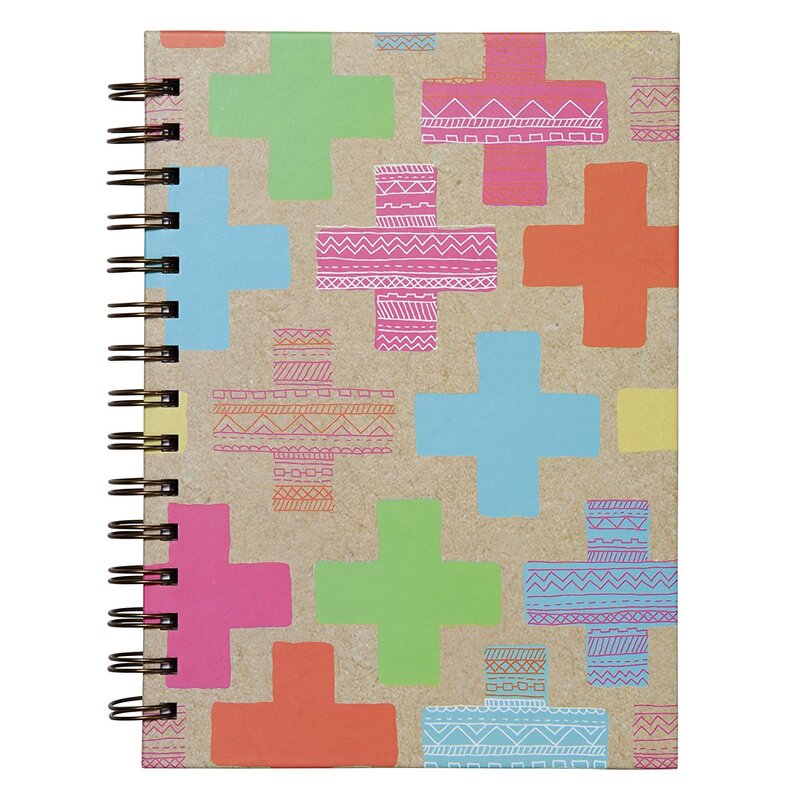


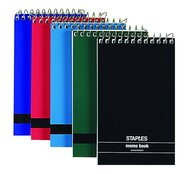
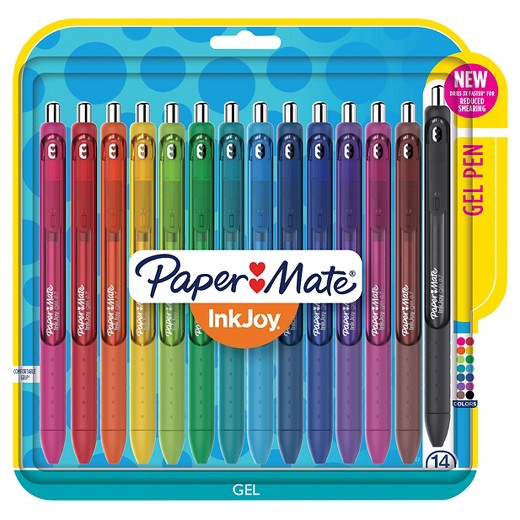
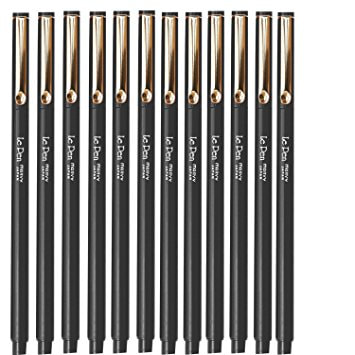


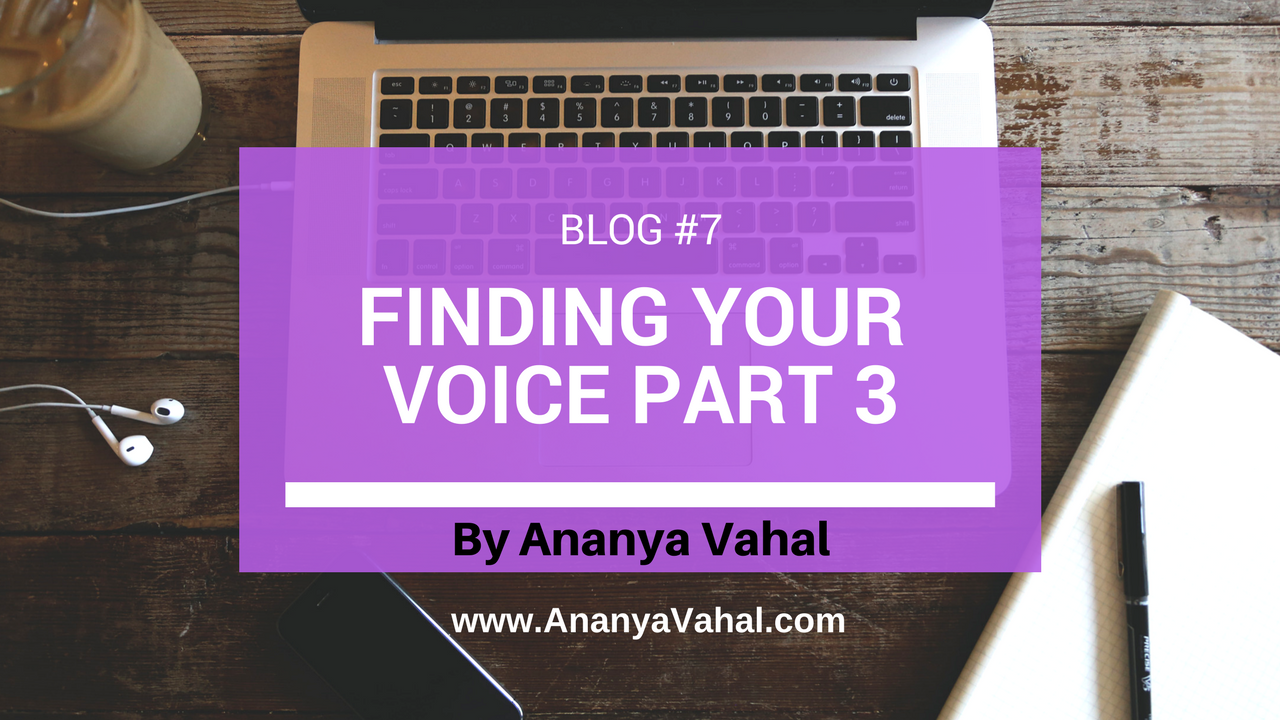





 RSS Feed
RSS Feed
















